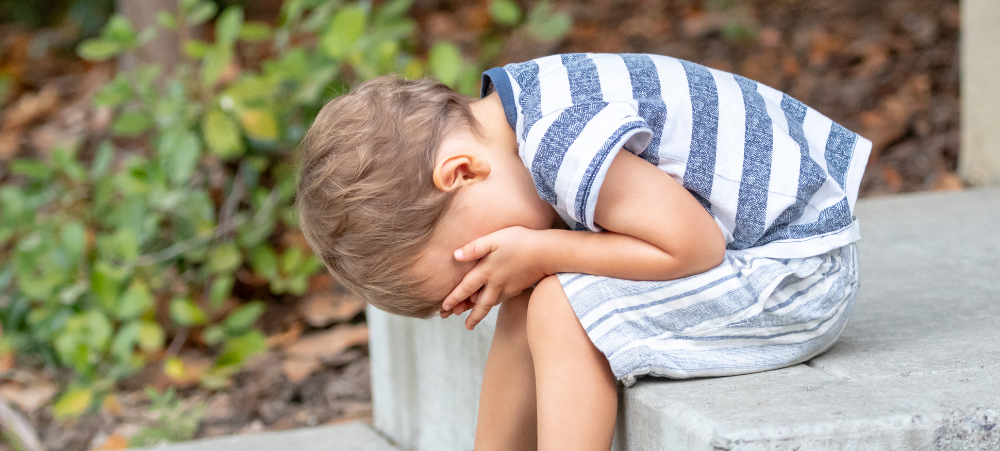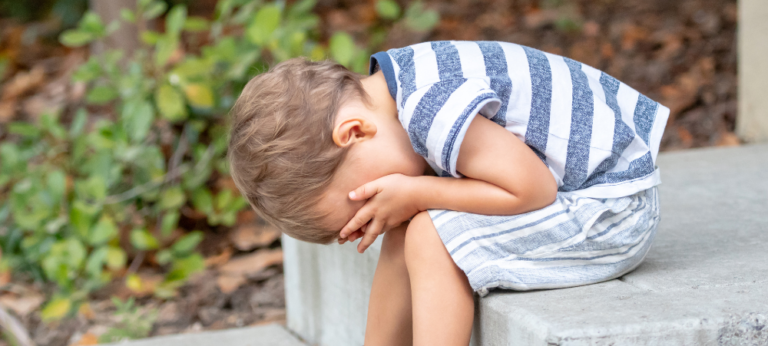Causes and possible solutions!
As a parent, it is devastating news to learn from the schoolteacher or principal that your child is a bully. Thinking that your child could harm others is a painful thought.
Children’s friendship skills are essential indicators of your child’s general mental health level. If your child participates in verbal or physical bullying, it could signify severe distress. Your child might be experiencing depression or anxiety and is struggling to regulate his emotions and behaviour.
Time to highlight a few examples of why a child may act unfriendly towards other children:
- He wants to fit in with the group that bullies a particular individual in the classroom.
- He is often bullied at home or school and tries to regain a sense of power by acting aggressively towards others.
- He wants to seek the attention of his class peers, teachers, or parents and feels he cannot get it any other way.
- He tends to be more assertive and impulsive than others.
- He is inclined to view the behaviour of others as hostile, even when it is not.
- He does not fully understand how his behaviour makes the other children feel (this is especially applicable to young children).
Let’s have a look at valuable tips you can do as a parent to ensure your child harbors respectful relationships with others:

Communicate
Be open and listen to what others have to say about your child’s behaviour and your own.
Set the example at home
Parents must realise that their behaviour could influence their children, including how they speak to their children and spouses, and how they deal with anger and other challenging emotions. So make sure your homelife reflects the behaviour you would like your children to adopt.
Put meaningful consequences in place.
Punishment is only effective when it is meaningful and restricted. A privilege that is withheld for too long, for example, when you take away your child’s phone for cyber-bullying, loses its validity. Instill positive reinforcement and not negative reinforcement. Once your child has regained his privileges, you should explain the situation to him and allow for him to apologise.
Monitor the situation
Those surrounding him should always be on the lookout for problematic behaviour and praise him when he shows kindness towards others.
Stay connected
You should keep an open communication channel with your child, talk to him daily, and ask open-ended questions. Communication will place you in a better position to recognise signs of bullying. Children who share their news with their parents willingly feel comfortable speaking to them, which is an accomplishment. Therefore, you need to stay connected with your child in a supportive, non-judgmental manner. Connection is key to reducing aggressive behaviour in your child. However, if you are continuously working on your child’s friendship skills but the bullying continues, you should seek help. Your child might need a therapist’s help to work through underlying problems.
















So many parents don’t want to admit that their child is a bully, it would be great for them all to read this article and realise that they can help their children….
I think it starts at home… parents who bully their children instead of being nurturing filters down to the children